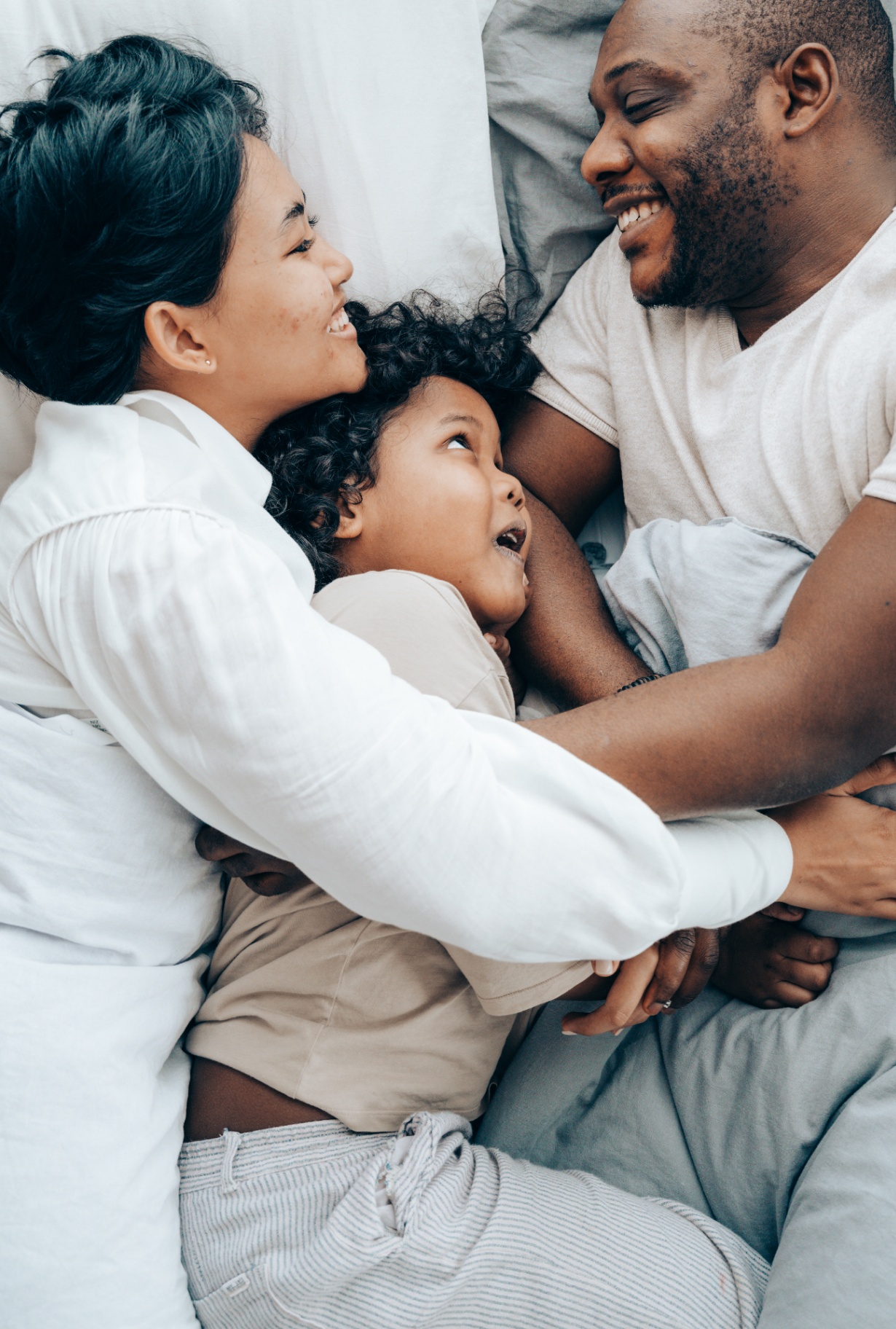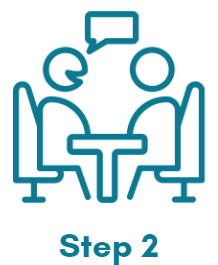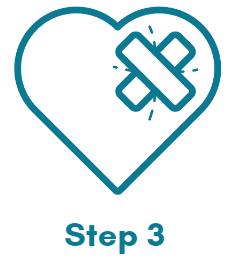How does Trauma Impact Families?
The military has a saying: When one person serves, the whole family serves. This is true for all trauma survivors.
It is incredibly difficult to witness your loved one struggle with a traumatic event. Whether it’s a child, parent, sibling, or partner, seeing them endure a trauma, and witnessing their struggle to adapt afterwards, is heartbreaking and difficult.
Many loved ones report feeling helpless or angry that this has happened. Others blame themselves for not having been able to stop it. Some unintentionally blame the survivor.
How Does Trauma Impact the Survivor?
 Often, loved ones will notice changes in the survivor following a traumatic event. For some these changes are short lived, for others, they become a way of being and can persists for months or years if left untreated.
Often, loved ones will notice changes in the survivor following a traumatic event. For some these changes are short lived, for others, they become a way of being and can persists for months or years if left untreated.
Below is a list of common changes following a trauma:
- irritability and anger, explosive emotions
- withdrawing/becoming distant
- experiencing flashbacks or nightmares
- not wanting to be touched
- easily startled and triggered
- increased alcohol and substance use
- becoming fearful or over protective of others
- neglecting responsibilities
- difficulty concentrating
Loved ones often say they feel they need to walk on eggshells. They struggle to know how to help the survivor or what rules and boundaries they should enforce. Many loved ones say that nothing they do seems to help, or that it only makes things worse. If you’re experiencing this, you’re not alone.
No one prepares us for how to respond to trauma
Many loved ones feel burnt out or notice that they themselves are beginning to experience symptoms of trauma such as
- intrusive thoughts and emotions,
- increased difficult emotions
- feeling emotionally numb
- hypervigilance or being on guard
- thinking the world is unsafe, difficulty trusting, blaming or taking blame
If this sounds familiar it’s possible that you’re experiencing vicarious trauma and it is important that you consult with a trained trauma therapist.
How can New Moon Psychotherapy help?
The amount of social support that a survivor receives is one of the greatest predictors of whether a survivor goes on to develop PTSD or other lasting difficulties associated with the trauma – or if they will naturally heal and recover.
Much of this is attributed to feeling blamed or responsible for the trauma that they experienced.
1 in 5 survivors feel blamed for their own victimization.
By getting support themselves, loved ones can learn to fine tune their support and learn to react in ways that will be healing.
Here are some ways that we can support you in supporting the survivor in your life:
Understanding Trauma
Trauma is complex. In fact, this is a specialization that requires significant training to master. It is highly unlikely that loved ones have this understanding. This is also a constantly evolving field and things you may have learned years ago may beave more recently been improved or corrected. We can help you better understand trauma and your loved one’s behaviour changes
Responding to the Survivor
 Most family members don’t know what to say and may feel uncomfortable discussing the trauma. Our therapists can help you understand what a survivor needs to hear and what can be harmful to a survivor.
Most family members don’t know what to say and may feel uncomfortable discussing the trauma. Our therapists can help you understand what a survivor needs to hear and what can be harmful to a survivor.
Setting Boundaries
There’s a fine line between being supportive and permissive. We can help you set and maintain boundaries without feeling like the bad guy.
Communication Difficulties
Couples and family therapy is available to help the family process the event together and learn new ways of communicating and moving forward. This is particularly helpful for families experiencing high levels of conflict.
Intimacy
All forms of trauma impact relationships. Trauma related to sexual violence (rape, assault, childhood sexual abuse) can make intimacy and sex confusing and frightening. It is possible for survivors to start experiencing difficulties in this area years, even decades, later. When intimacy and sex are impacted, a therapist can help by creating a safe environment to discuss the trauma (if desired) and help couples reconnect. It IS possible to have intimacy and a healthy and satisfying sex life after trauma.
Family Support Groups
Trauma is incredibly isolating. We offer various groups for survivors of loved ones so that they can receive their own support and learn to support their loved one while forming a community with others who understand because they are also living this.
Next Steps
 When you reach out to us, our administrative assistant, Lauren, will ask some questions to understand your needs and connect you with a therapist who will be a good fit for you.
When you reach out to us, our administrative assistant, Lauren, will ask some questions to understand your needs and connect you with a therapist who will be a good fit for you.
Everyone’s situation and needs are different and your treatment plan will be tailored to suit your specific needs.
Some families reach out for 1 or 2 sessions, others stick around for longer. There is no minimum or maximum – we will work with you at all stages of your loved one’s and family’s healing and support you in whatever way you need. You’re not in this on your own.





